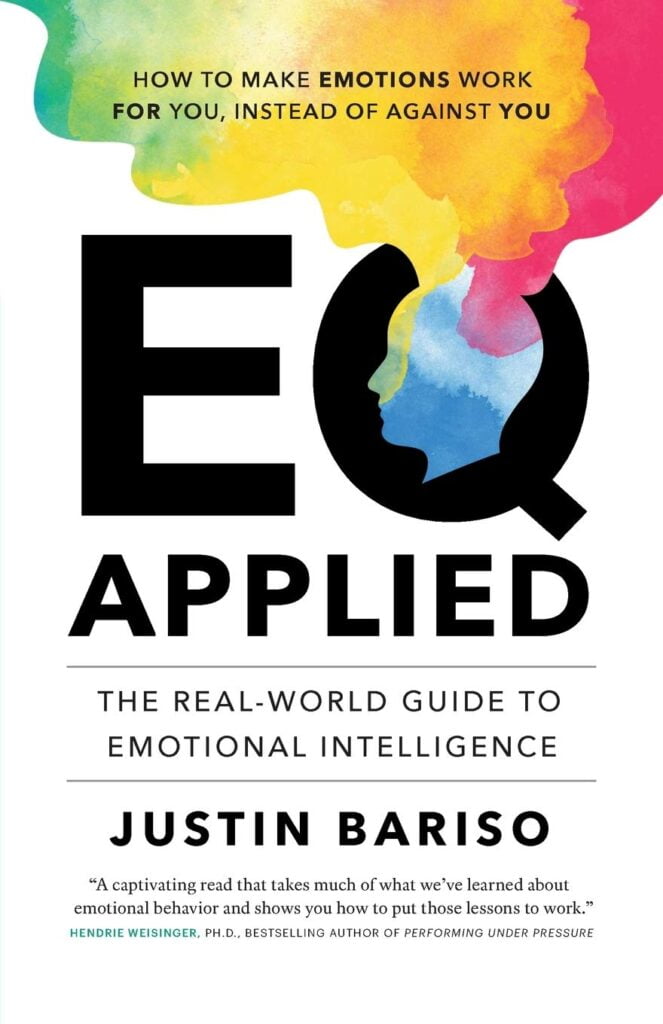The notion of emotional intelligence only entered the language of psychology several years ago and is still not very common. More often we focus on intelligence as such – the so-called rational intelligence. The definition of intelligence itself is problematic.
When you ask a psychologist what intelligence is, expect the answer that it is what intelligence tests measure. The situation is complicated by using this segment for so-called artificial intelligence (Al). Of course, you will find more or less accurate explanations of its essence. The more specialized publications you read, the more intricate they will be. For me personally, the closest and most intuitive is that intelligence is the ability to solve problems. Since they are sometimes different, you can demonstrate your intelligence in solving mathematical tasks or perceiving dependencies in three-dimensional space or something else or everything – only then it would mean that Da Vinci is still alive and in fact is somebody else – you.
WHAT IS EMOTIONAL INTELLIGENCE?
Speaking of emotional intelligence (EQ), we do not only focus on solving emotional problems. Justin Bariso – author of “EQ Applied: The Real-World Guide to Emotional Intelligence” published by Borough Hall focuses on getting to know the emotions of oneself and others so that they act for your benefit and not against you. This is not the only definition of the issue, which can be found in the publication of the pioneer in this field, Daniel Goleman, and the subsequent ones. For the purpose of the publication under review, it is sufficient. It is a popular science publication, i.e. one that is written in a simple language understood by a non-specialist in the field.
DON’T FIGHT WITH EMOTIONS
The emotions are not something to be fought against – they will be, whether we like it or not. This is how our brain works. Hence the author emphasizes the practical aspect of understanding one’s and others’ emotions. He sheds light on the influence of emotions on relationships with loved ones, friends or co-workers, and ourselves. He presents specific stories of individuals as well as giants like Facebook and Amazon, whose emotions had to teach something.
PAUSE FOR A MOMENT
Justin Bariso asks the Reader simple questions that are worth asking when emotions take over. He also proposes attitudes and methods worth trying out, opening new perspectives on situations, especially conflicting ones. It is all based on the latest research and insights of scientists, who share their observations with him.
Don’t think that the author separates emotions from logical thinking. Psychologists have long since departed from this pattern. It shows the emotions as a source of information about himself and others.
A RECIPE FOR EVERY RELATIONSHIP
This is a reading that I recommend literally everyone. I am convinced that concluding it will positively influence many interpersonal relations – from colleagues, through married couples, to employees. I think it is a good choice, also for me, to be less emotional and more focused on my emotions and those of the other person. To draw from them, not to be their slave. Focus on mutual understanding, instead of attacking each other, and as understanding receive criticism from others.
Many sentences from Justin Bariso’s book should be framed, sometimes replacing insignificant slogans like: “if not now, then when” etc.
The book is easy to read. It is rich in its simplicity and honesty. I warn you that when you read it, you may accuse yourself you hadn’t read it before, and that’s because you might have behaved differently in many situations, I know from my life. Mind or heart? You do not have to choose.

Title: “EQ Applied: The Real-World Guide to Emotional Intelligence”
Author: Justin Bariso
Publication year: 2018
Number of pages: 208
Publisher: Borough Hall